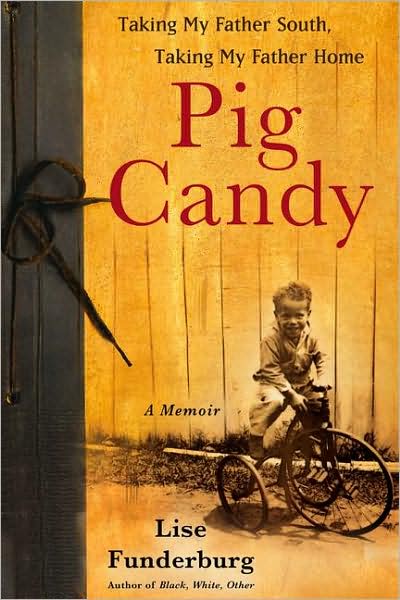The First Strange Place: The Alchemy of Race and Sex in World War II HawaiiPosted in Asian Diaspora, Books, History, Media Archive, Monographs, Oceania, United States on 2016-05-29 21:25Z by Steven |
The First Strange Place: The Alchemy of Race and Sex in World War II Hawaii
Free Press an (imprint of Simon and Schuster)
1992
272 pages
Paperback ISBN: 9781476727523
Beth Bailey, Professor of History
Temple University, Philadelphia, Pennsylvania
David Farber, Roy A. Roberts Distinguished Professor of History
University of Kansas
Just as World War I introduced Americans to Europe, making an indelible impression on thousands of farmboys who were changed forever “after they saw Paree,” so World War II was the beginning of America’s encounter with the East – an encounter whose effects are still being felt and absorbed. No single place was more symbolic of this initial encounter than Hawaii, the target of the first unforgettable Japanese attack on American forces, and, as the forward base and staging area for all military operations in the Pacific, the “first strange place” for close to a million soldiers, sailors, and marines on their way to the horrors of war.
But as Beth Bailey and David Farber show in this evocative and timely book, Hawaii was also the first strange place on another kind of journey, toward the new American society that began to emerge in the postwar era. Unlike the largely rigid and static social order of prewar America, this was to be a highly mobile and volatile society of mixed racial and cultural influences, one above all in which women and minorities would increasingly demand and receive equal status. With consummate skill and sensitivity, Bailey and Farber show how these unprecedented changes were tested and explored in the highly charged environment of wartime Hawaii.
Most of the hundreds of thousands of men and women whom war brought to Hawaii were expecting a Hollywood image of “paradise.” What they found instead was vastly different: a complex crucible in which radically diverse elements – social, racial, sexual – were mingled and transmuted in the heat and strain of war. Drawing on the rich and largely untapped reservoir of documents, diaries, memoirs, and interviews with men and women who were there, the authors vividly recreate the dense, lush, atmosphere of wartime Hawaii – an atmosphere that combined the familiar and exotic in a mixture that prefigured the special strangeness of American society today.


